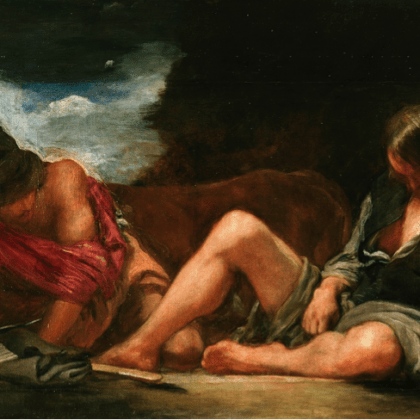The importance of open access publishing for the arts and humanities
Between 2012 and 2014, I held a two-year Wellcome Trust Research Leave Award (WT096499AIA) for a project on women surgeons in Britain, 1860-1918.…

Between 2012 and 2014, I held a two-year Wellcome Trust Research Leave Award (WT096499AIA) for a project on women surgeons in Britain, 1860-1918.…

In 1958, Patrick Leigh Fermor’s enchanting travelogue Mani: Travels in the Southern Peloponnese appeared on bookshelves.

Classical Review publishes hundreds of reviews every year. The books reviewed in our journal run the full range of topics related to antiquity and its reception; and the reviewers who write them are similarly diverse in their approaches.…

At the end of the Greek Bronze Age, between c.1400-1200 BCE, the Mycenaean palaces of Crete and mainland Greece used small clay tablets to keep their accounting documents.

Classical Review’s latest Profile, Greek Tragedy and Performance by Rosa Andújar (King’s College London) has just been published and is free to read.…

This text is identified as my own by the name placed above it, which seems sensible enough. Marking ownership was one of the earliest uses to which the ancient Greeks put their alphabet—which was to spawn among others the alphabet in which this text is written—but they had a strikingly different way of doing so. ‘I am the kylix of Korax’, declares an eighth-century BCE wine-drinking cup from Rhodes; ‘I am the lekythos of Tataie—whosoever steals me will go blind’, threatens a seventh-century oil flask from Cumae; ‘I am the remembrance of Ergotimos’, announces a shelf of Attic rock from the sixth century.

Two thousand four hundred years ago, a seven-year-old girl in Athens, whose parents had died, was taken by her legal guardian to the island of Lemnos.…

Napoleon once said that ‘there are only two powers in the world, the sword and the spirit’ and that ‘in the long run the sword will always be conquered by the spirit.’ The results of this study, which delves into the etymology and phraseology of Greek terms belonging to the semantic sphere of power, agree with the Emperor’s perspective.